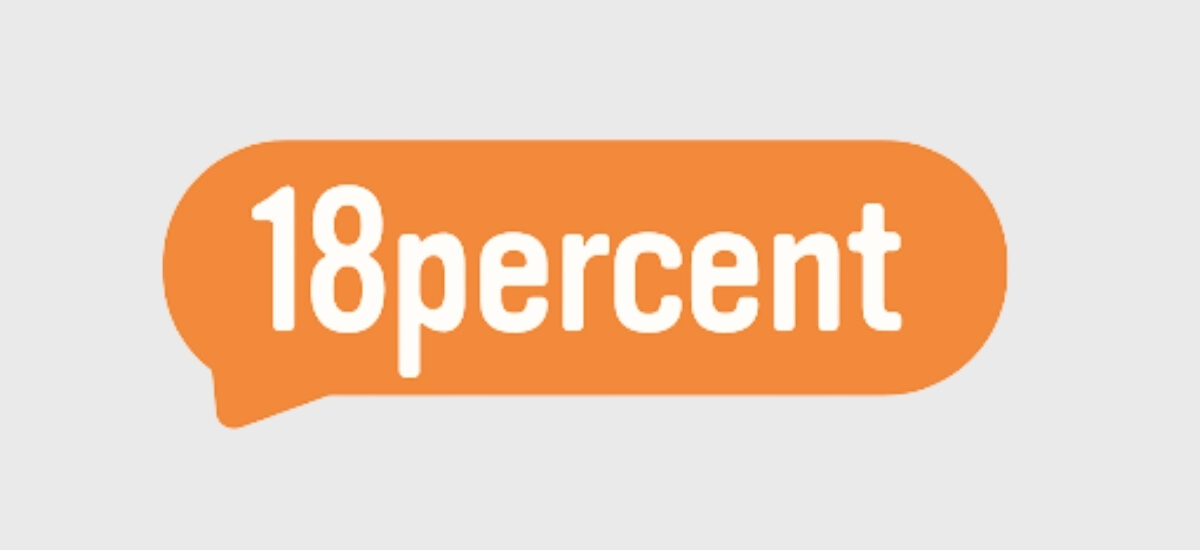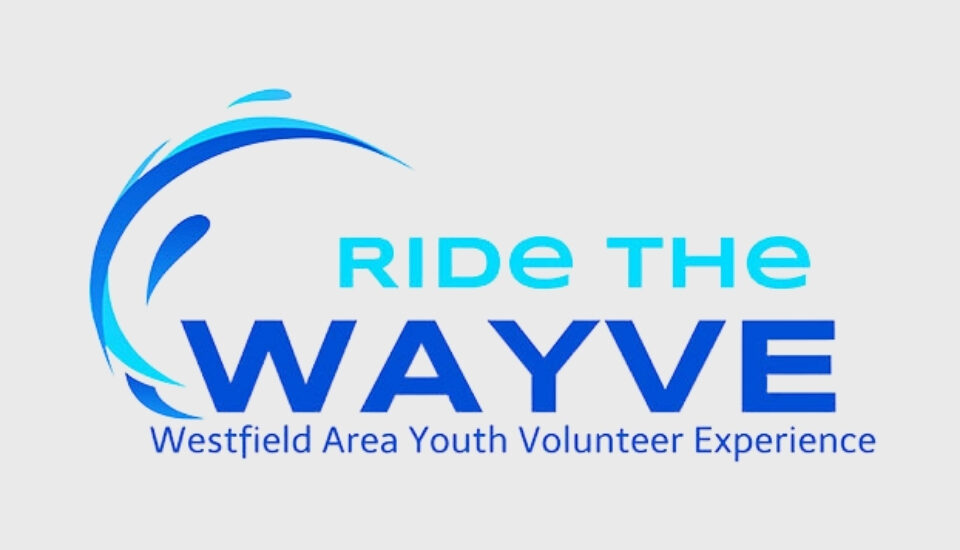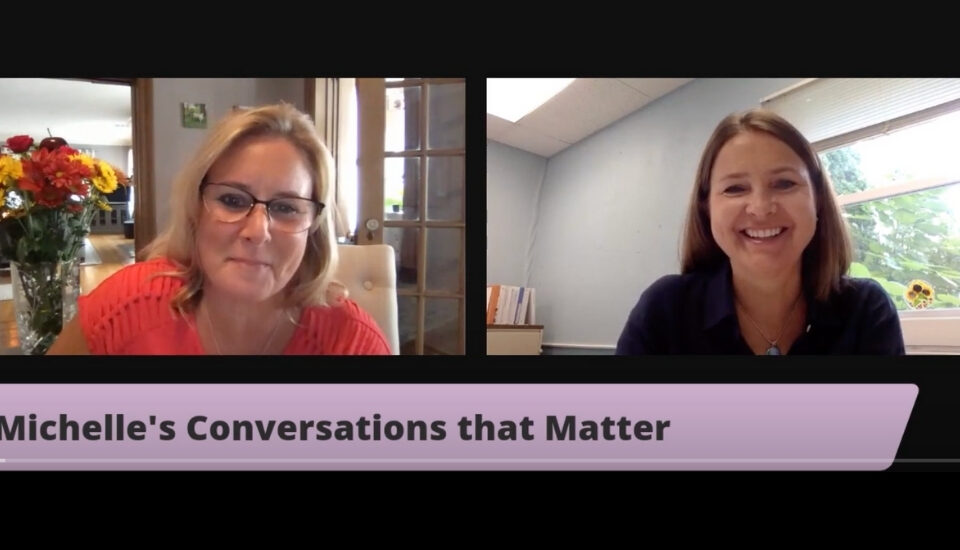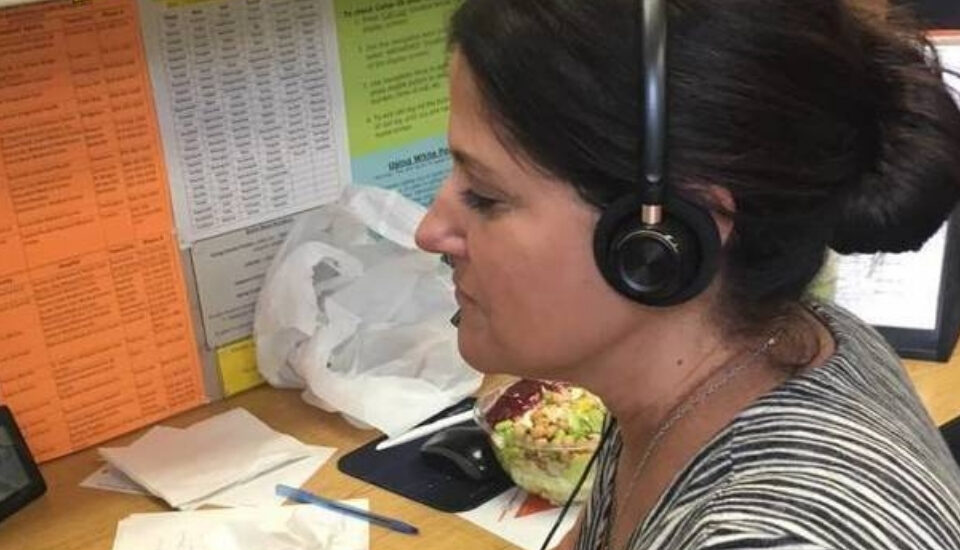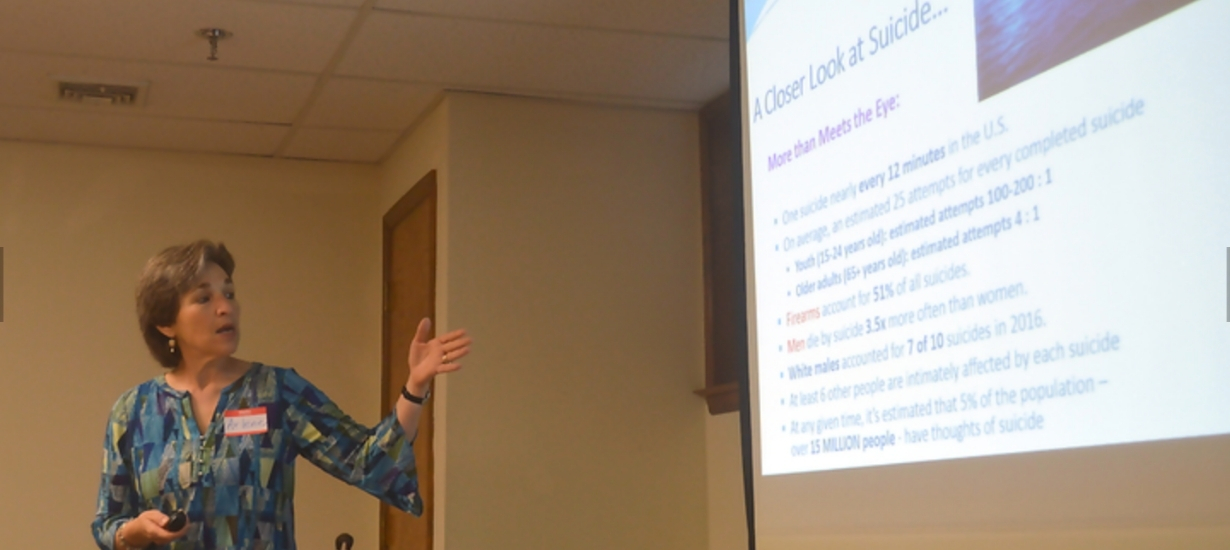
Caring Contact Offers Suicide Prevention Training to Scotch Plains-Fanwood Ministerium
June 24, 2019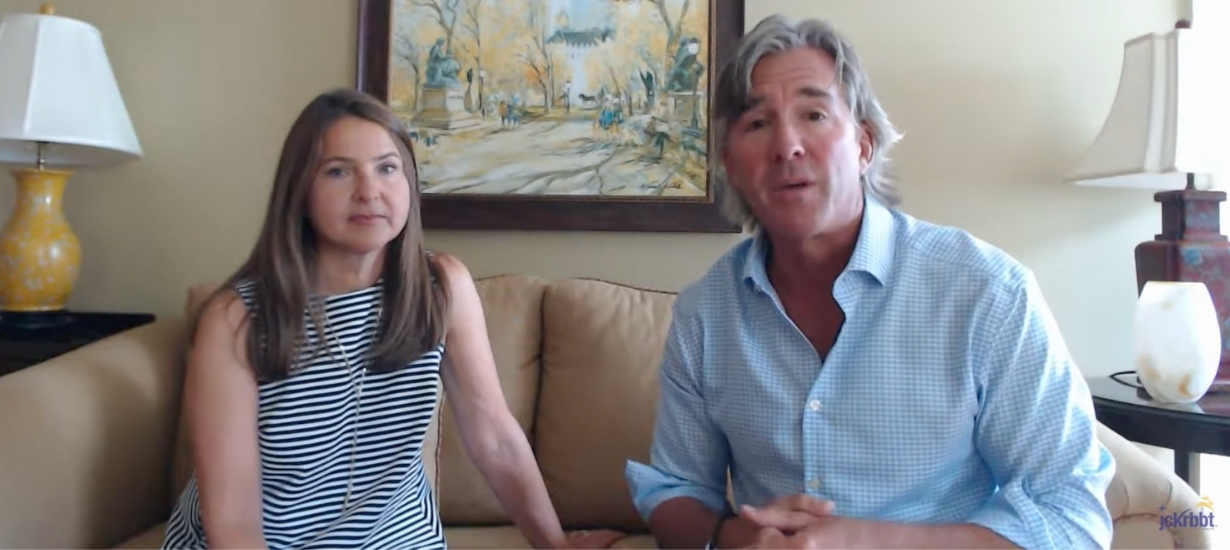
Identifying Suicide Risk Factors and Taking Appropriate Action
July 30, 201918percent Q & A Session
18percent is a free, online peer support community for mental health.
Janet Sarkos was initially appointed to the position of Interim Executive Director of Caring Contact crisis hotline in 2016 and was hired as Executive Director in February 2017. At Caring Contact, they answer a local warm-line and are the primary responder for the National Suicide Prevention Lifeline in north-central New Jersey and a back-up center for the Veterans Crisis Line. She began her relationship with Caring Contact in 2014 as a volunteer listener with training class 86 and continues to volunteer on the hotline in addition to performing her duties as executive director. In her role as a listener, she has worked 427 hours on the hotline and has spoken with well over 1000 people in emotional distress. Janet is completing her sixth and final year as a trustee of The Westfield Foundation and has served on the executive committee as President for the past two years. She holds both a bachelor’s degree and an MBA from the University of Michigan.
Transcript:
What advice would give someone who is facing a serious mental health issue, but they are too scared or afraid to get the help they need – either because they are young and they don’t know what to tell their parents, or because they are worried of what others will think? One of the things I’m so proud of about the hotline is that we are a safe and non-judgmental resource. We have a policy of providing the least invasive intervention possible, which means we will do everything we can to help our callers without bringing in involuntary emergency intervention.
What kind of training do folks go through to become a hotline responder?
At our center we give volunteers 54 hours of classroom training which includes certifications in Mental Health First Aid and Applied Suicide Intervention Skills Training. We also support new listeners with 24 hours of tutoring before they are independent listeners on the line.
What are your teams generally optimizing for as success outcomes? How are you all doing? What could be better? Where do you need the most help?
We feel successful when the outcome of the call shows any level of improvement, when we are able to respond to calls with listeners who are ready, when we are properly funded (we do not receive government funding), when people call back for help…the list goes on and on. We feel we are doing well. In 2016 we answered 8991 and in 2018 we answered 10,750. 76% of caller report feeling at least a bit better. We always need help with new volunteers!
What inspired you to get into mental health?
I started here because I wanted my time as a volunteer to directly help another human in some way. As soon as I started, I was so happy to feel like I was making a difference. I have also had personal situations in my life that showed me how hard it is to struggle with a mental health condition. There are simply not enough resources and supports out there for people to get help.
What are some benefits to being a volunteer? How does it help for people in the 18 percent community?
I LOVE being a volunteer. So many in my community use our personal experiences to help others. I’m sure many in this community have wisdom to offer each other. I always caution people who want to support others to be sure they’re at a strong point themselves before making themselves vulnerable.
What crossovers do you see with crisis (suicidal thoughts/behaviors) and other challenges such as substance use, ongoing mental health treatment, eating disorders, etc.
People who I talk to are typically in a lot of pain. The challenges you listed are various ways of coping with pain – just like thinking about suicide is. For all of them, I believe there are healthier ways to cope, and that starts with sharing your struggles with someone who will not judge you and learning better ways to manage your pain.
What would you say to someone who is a repeat caller, or do if someone called in saying that their situation had gotten worse?
We have a love for our repeat callers. They are strong people who are trying very hard to cope. We will spend time with them, try to understand what they’re feeling and do what we can to help them move forward in their struggles.
Repeat Callers can sometimes present difficulties for a short-term crisis line. How does your organization support repeat callers who really need more long-term, mental health care?
We have boundaries we set for repeat callers in terms of time of a call and number of calls per day. We find that people respect the boundaries for the most part.
I imagine that there are some volunteers that struggle with mental health themselves. Would you say that helping others the way they do can have a negative effect on them? Is there anything in place to support the volunteers themselves?
We do try to screen for people who are not at a point where they can help others. However, we are all on a continuum, and everyone struggles sometimes. We work hard to support our listeners in a variety of ways and provide support as needed.
What would you say to someone who feels crisis lines don’t work?
Crisis lines are made up of individuals. Sometimes the connection with that individual will not work. I would urge that person to try again; there are many wonderful listeners ready to help.
For someone has severe treatment resistant depression along with eating disorder, severe PTSD, and lots of different anxiety, how do you get them to want to live? Their depression makes it hard enough and medications don’t work and neither does therapy which contributes to their hopelessness and then all their other problems add to the difficulty to stay alive.
This is so tough. I would say that for every one of us who is alive, we have SOME connection to life. It may be very small, but it is there. Our listeners are trained to listen for that connection to life and shine a light on it for the person sharing their story. We hope that by highlighting what we hear in that moment, we can help them stay safe at least for now, and try to keep holding on. I also recognize this is anything but simple.
What sorts of things do you now know about the space that you wish you knew when starting out?
One thing many don’t know is that the Lifeline is there for people who are worried about other people. I like to encourage anyone to call who is unsure how to support someone else. We will take time to understand the situation and try to guide you. We can all have an impact on helping others and we want people to lean on us for help in that space.
Were there any situations that intimidated, scared, or worried you? If so, how did you push through it?
I have to admit that I’m always nervous going in to the phone room. I never know what I will face, and people call with very difficult situations. To get past the fear, I try to get very calm and lean on my training. I am very confident that by showing up, truly listening and not judging someone, I can make a positive impact. I think we can all do that in our daily lives.
What are the safety protocols that you take when someone calls the hotline? Also, if someone is talking passively about suicide/suicide ideation, what advice would you or someone else give them?
We have a very specific evidence-based system for helping people who are thinking about suicide. You can learn about it by visiting the Livingworks website at https://www.livingworks.net/. If someone is talking about suicide, my advice is take them seriously. Understand that they’re really hurting if that’s what they’re thinking about. Listen to their story and try to understand their feelings. Be with them in their pain without trying to fix them or make the pain go away. Just be there with them. Consider having them call 800-273-8255 for more support. Collaborate with them to create a safe plan.
Could you share that victory story that you shared at the last board meeting about the one repeat caller who your call center knows so well? I think your enthusiasm for his small victory was so sweet. Maybe also touch on how important it is to celebrate small wins. Zach posts those tiny wins weekly for us and I think they really are important.
We have a favorite repeat caller who is basically housebound, and calls to check in every day. He has been trying for so long to get out and take a ride in his friend’s car – literally for months. He finally took the ride last week and news spread among all the listeners. His news was huge for him, and we all were so excited!! We genuinely care about the people who call and absolutely love celebrating the wins with them!
I dislike it when people tell me “You have so many people that love you.” because I already know that. That sentence never makes me feel any better. If anything, it makes me feel worse.
I understand. No one should try to talk someone out of their feelings. We always assume the person who we’re speaking with is a smart person who has tried everything and is doing their best. We never presume to tell you what to do. Instead, we listen to your experience and try hard to understand what you’re going through. What we see is that when people truly feel heard and understood, it can be very healing.
What’s the best way to convince a family or friend to use the hotline number?
I know that can sometimes be hard. Maybe you could offer to call together? And definitely let them know we have no agenda, no checklist or questions. The call is theirs, and they can end it if they feel uncomfortable. They don’t even have to give their name.
How do you continue to live your life uncertain of what you may face the day ahead or being let down and things such as that? I mean, don’t get me wrong in the midst of all of the chaos in life there is still a lot of joy, but at times it can hurt so much.
I hear you. Life is so challenging, and many of us face painful situations every day. We all cope in different ways, but I think one thing I hear over and over on the hotline is that connecting with other people is one way that people manage. 18% and the hotline are two ways of connecting, so I would definitely encourage you to keep leaning on those. And if you have anyone in your life who you trust, I would encourage you to lean on them for support too.
What was the hardest thing about the whole experience of working at a lifeline?
The hardest thing is worrying about our callers after the call is done. There are people who I still think about and hope they’re doing ok. We are making real connections and we feel the pain of the people we support!
Concluding Remarks:
I’d like to get the lifeline number up again – 800-273-8255. We also have a direct number that I’d like to share – 908-232-2880. This is a number we like to think of as more of a warm line. People sometimes feel that their situation isn’t important enough to warrant a call, and that’s not true! Feel free to give us a try. If you don’t like what you hear on either line, you can just hang up. I really mean that – no explanation necessary.


